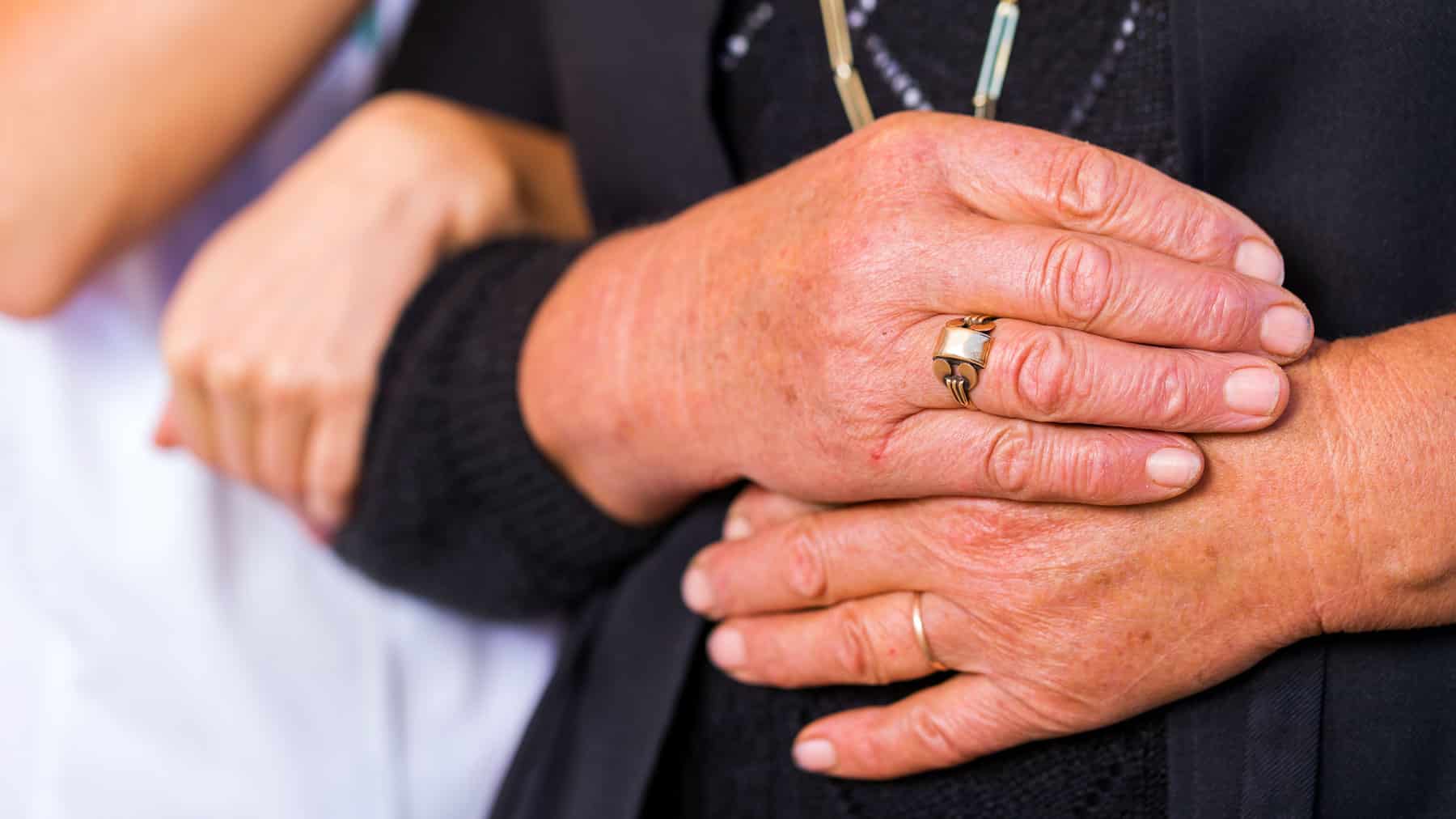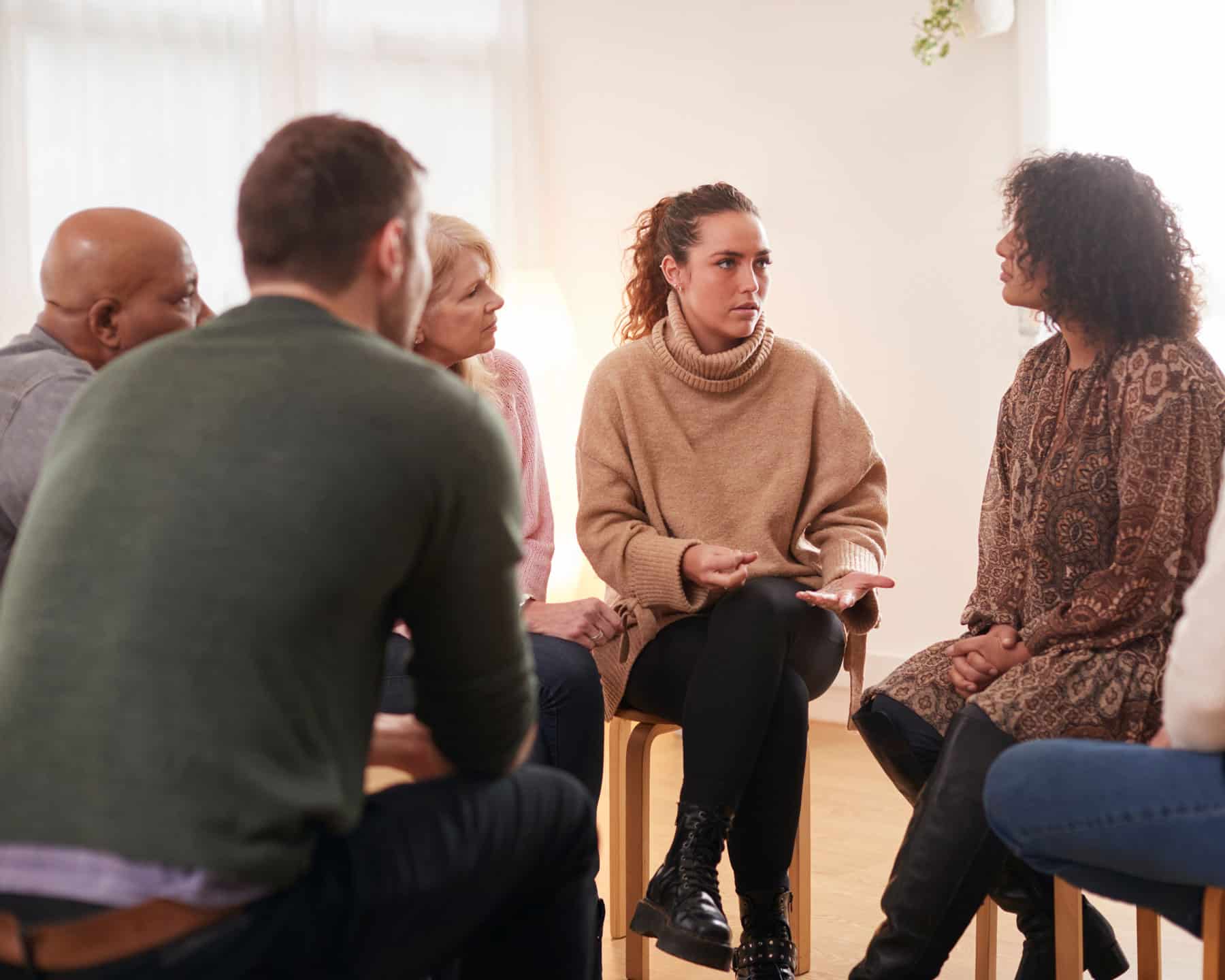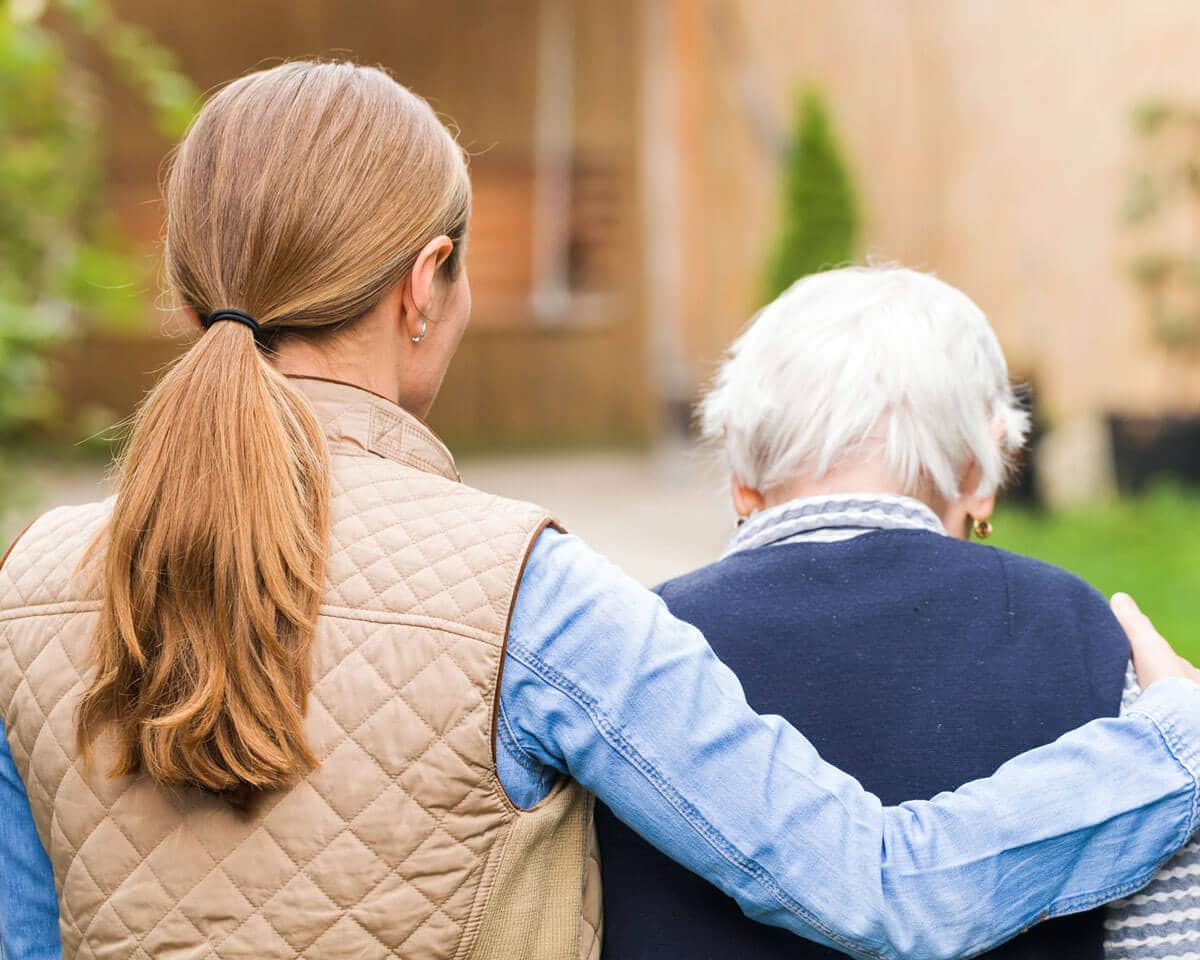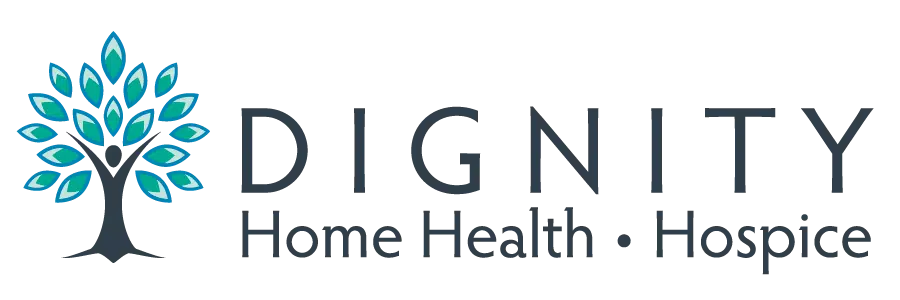
Experiencing the loss of a loved one can be extremely difficult and painful. Each individual's grief is unique. It can feel lonely and isolating as you experience and process the grief surrounding your loss. Despite the unique nature of grief, you are not alone. Dignity Home Health and Hospice offers hospice bereavement services for loved ones after a patient's passing, including a bereavement counselor, grief support, and monthly contact to provide ongoing support, resources, and comfort.
The Stages of Grief
In 1969, Swiss-American psychiatrist Elisabeth Kubler-Ross published On Death and Dying, outlining her theory on the five stages of grief. Since then, the five stages of grief have been used as a guideline for grieving. Each person experiences grief differently. Many do not go through every stage or experience each stage at different times and orders. However, it is helpful to know what each stage is and what you can expect. This helps you give yourself and other family members the support, time, and patience you need to experience emotions and behaviors that you may not fully understand or expect.
Denial
Denial is the first stage because it often happens right after a loss and is a coping mechanism to help you survive the loss. It often feels like shock, numbness, and confusion.
Anger
Feelings of anger, frustration, impatience, and resentment towards others, a higher power, life in general, or the deceased are a natural part of the grieving and healing process.
Bargaining
Bargaining can feel like guilt, shame, blame, and insecurity and often focuses on "what if" or what you think you could or should have done differently to prevent the death.
Depression
Depression is a natural part of grieving and can feel like intense sorrow, despair, hopelessness, helplessness, disappointment, and sadness. It can affect energy levels, sleeping and eating habits, motivation, and more.
Acceptance
Acceptance is realizing or recognizing the reality of your loss and accepting this new reality in mindful and self-compassionate ways.
Finding Grief Support Through Each Stage
Families can use many online and in-person resources and groups to make the journey through grief easier. You can use these resources at any time. You do not need to wait for a loved one to pass. Resources include:
- Individual or family grief counseling through a licensed therapist or bereavement counselor
- Books and online materials, such as On Grief and Grieving by Elisabeth Kubler-Ross, Bearing the Unbearable by Joanne Cacciatore, It's Okay that You're Not Okay by Megan Devine, and more
- Grief support groups like Live On, University of Utah Health, The Sharing Place, and more
- Family, friends, and your community


Continuation of Care for Families & Caregivers
Dignity Home Health and Hospice continues to support families after the death of a loved one. At Dignity, we have many resources and connections available to help you find support groups, counseling, therapy, and more. We offer counseling from our team in the aftermath of a death and provide monthly contact to check in on you. For more information, contact Dignity today.

